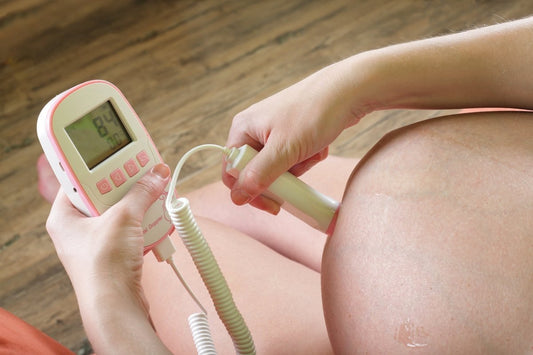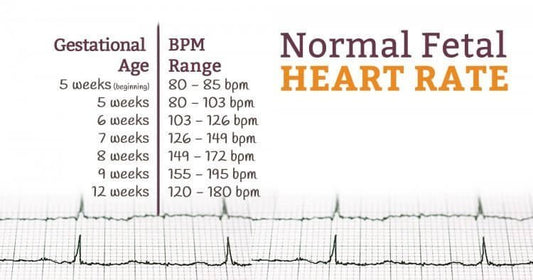
10 Signs of Labor
Lightening
If you have a feeling of being able to breathe more deeply yet increased pressure on your bladder and/or pelvic pressure, that could be the sign of telling you that your labor is days or weeks away. The profile of your abdomen may change - your belly may seem lower and tilt more forward. You may also find it’s easier to breathe with less pressure on your diaphragm.
Braxton Hicks contractions
Braxton Hicks contractions are false labor pains which occur throughout your second and third trimesters of pregnancy. You may experience occasional, usually painless contractions, a sensation that your uterus is tightening and relaxing. They are especially noticeable when you place your hand on your abdomen. All of these indicate your body is warming up for labor.
Bloody show
During pregnancy, the opening to your uterus is blocked by a thick plug of mucus which helps to prevent bacteria from entering the uterus. However, a few days or weeks before labor, this plug may discharge and you may have a bloody show: a small amount of blood-tinged, brownish discharge from your vagina.
Sleeplessness
If you find it difficult to fall to sleep despite being tired, walking at night often, or always having alarming dreams. That could be the early sign of approaching labor.
Nesting
Unless you are feeling the opposite of super sleepy. Some moms have a burst of energy, such as an uncontrollable urge to clean, tidy, shop, make; an overwhelming urge to protect your belly and other family members. If it happens to you, try not to overdo it, and make sure that every energy burst is followed with quality rest; eat little and often, and drink plenty keep an eye out for other labor signs.
Lower back pain
If you have persistent ache across the lower portion of your back, then that could be a sign of coming labor because your cervix is beginning to dilate. Your labor may be a few days away, or perhaps less. Call the doctor if back pain is accompanied by abdominal pain or camping, or a bloody show. Ask your doctor if you can take acetaminophen for pain relief and distract yourself with a warm bath or other calming activity.
Diarrhea or feeling sick
Perhaps it is due to a hormone surge or your baby pressing against the bowel, a lot of women feel sick or have loose stools in the days before they go into active labor. If it does happen to you, make sure you have everything ready, but your baby may still be a few days away. Keep hydrated and eat little and often. Call your doctor if you have diarrhea or vomiting that persists for more than 24 hours.
Thinning and softening of the cervix
One sign that labor is starting is that your cervix begins to thin and soften in preparation for delivery. If you notice it, call your care provider for further instruction.
Dilation of the cervix
Your care provider may also tell you that your cervix is beginning to dilate. Dilation is measured in centimeters, with the cervix opening from 0 to 10 centimeters. Thinning, softening and dilation of the cervix often precede other signs of labor. They can also occur days, even weeks, before actual contractions begin.
Breaking of water
The bag of water housing your baby either begins to leak or it fully breaks, then the fluid that has cushioned your baby flows out of your vagina in a trickle or a gush. We call it breaking of water. Don’t be afraid that your water will break and your labor starts while you're out in public. In fact, few women experience a dramatic breaking of water, and if they do, it usually happens at home. Most of the time, a woman’s water breaks while she’s in active labor and already at the hospital. Your care provider may even break your water for you during labor to help move things along.



